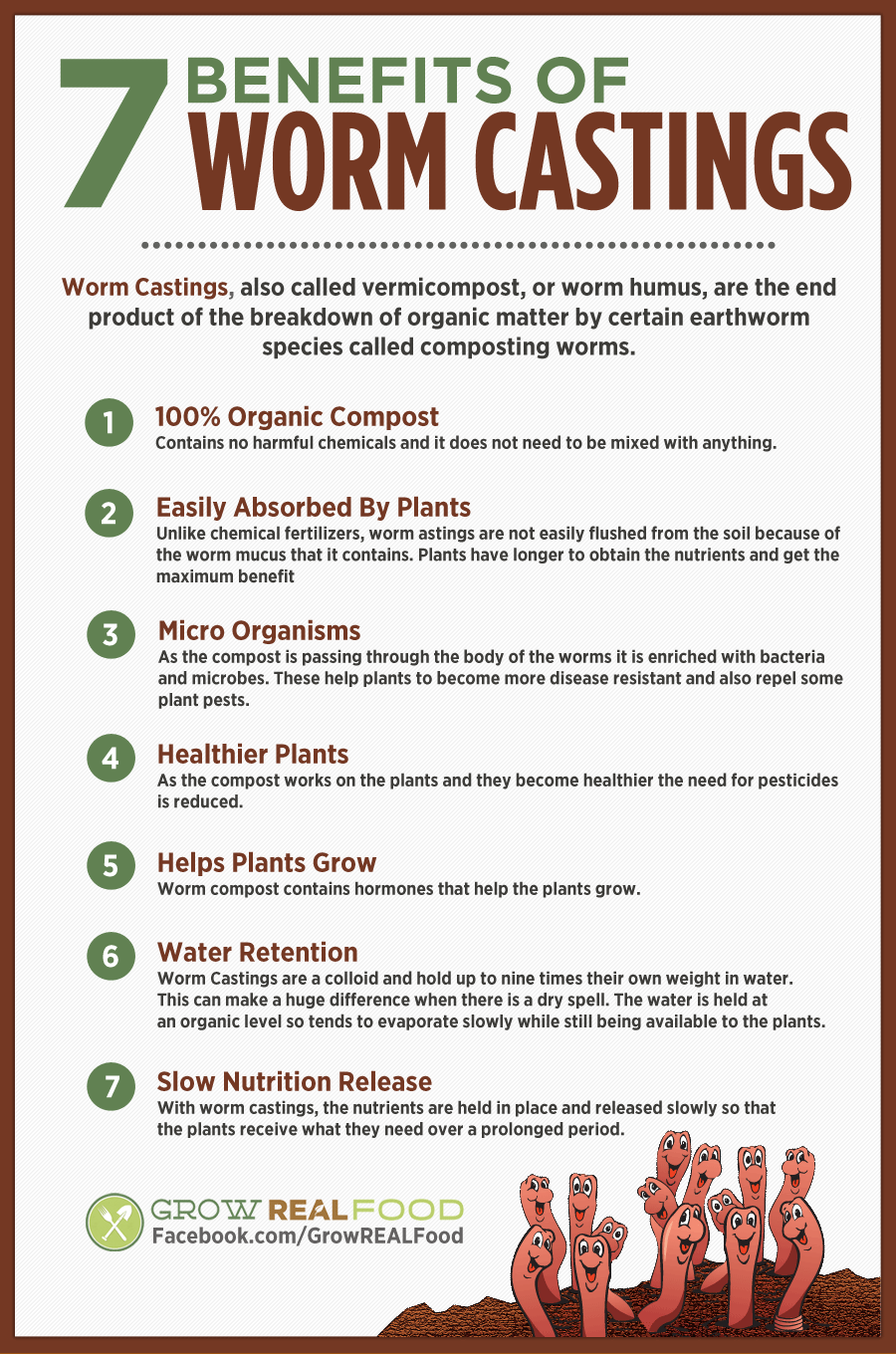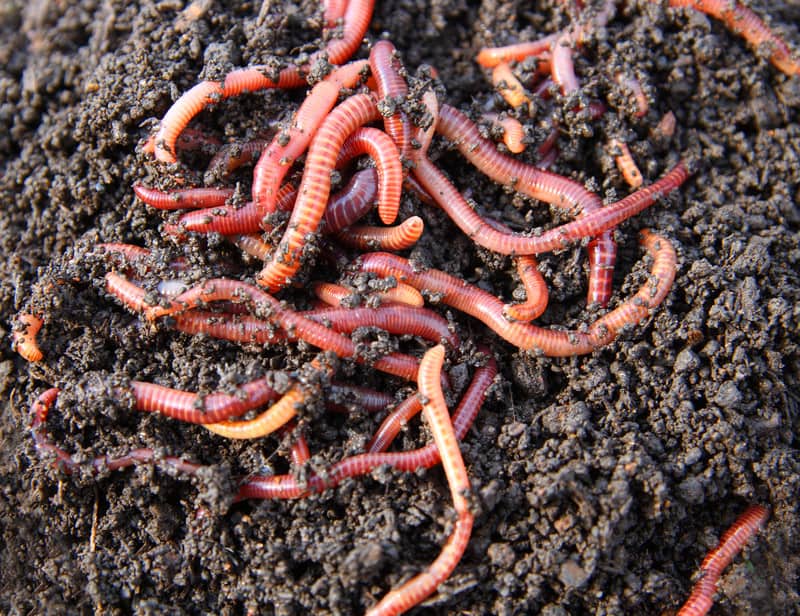The smart Trick of North Carolina Worms That Nobody is Discussing
The smart Trick of North Carolina Worms That Nobody is Discussing
Blog Article
The 7-Second Trick For North Carolina Worms
Table of ContentsExcitement About North Carolina WormsNot known Details About North Carolina Worms The 2-Minute Rule for North Carolina WormsThe 25-Second Trick For North Carolina Worms
Example: 1-gallon of worm spreadings to 4 gallons of potting mix. Do NOT utilize a potting mix that has chemical plant foods in it. Check out the labelit will certainly say. 1/2 mug in all-time low of the planting opening for smaller sized plants. 1 cup for bigger plants. ie. tomatoes, environment-friendly peppers, summer squash, and the like.
The addition of tea can also include raised microbial biomass to your dirt. You can always side-dress your plants with worm castings at any moment. Just bear in mind, the bacteria will certainly pass away if subjected to UV rays (Sun), so be sure to cover the spreadings with an inch or two of dirt.
This frustrated them for years until the testing approaches ended up being much better. It would obtain better(with more castings), degree off, and then decrease. Too many worm spreadings would accelerate the development to a speed that the plant could not recuperate from.
Get This Report about North Carolina Worms
I have expounded the merits of worm castings for regarding 2000 words. Worm castings are no different. It takes time to produce top quality worm spreadings.
You can buy them which leads to number two. Worm castings absolutely set you back even more than chemical plant foods. Worm spreadings are on the more affordable end of organic fertilizers. You will certainly need to decide what is more vital. It is easy to generate percentages of worm castings. (50 gallons annually) It is a much tougher and really costly investment to create big amounts of worm spreadings (North Carolina Worms).

Producing a healthy soil might be the biggest benefit of worm spreadings. We talked about worm spreadings NPK and likewise the correct nutrient evaluation that ought to apply to worm spreadings.
About North Carolina Worms
We talked regarding some of the downsides linked with worm castings. I covered a lot of material in this short article.
The upright burrows are typically open, although the worms cap the top with residue and waste matter. Origins need oxygen for their development, whereas they generate carbon dioxide that needs to leave the dirt.
Earthworms boost porosity by two mechanisms: (1) by creating irreversible burrows, and (2) by boosting dirt aggregation. Aggregation is improved by the mixing of soil and natural issue in the earthworms' digestive tracts. Lenoir NC Worms For Sale. These highly secure aggregates are deposited by some earthworms in their burrows, and by others at the surface area of the soil


In another research study, earthworms were approximated to eat 4 to 10 percent of the top 6 inches of the soil every year. This only mosts likely to reveal the enormous amounts of dirt that can be refined by earthworms. Dirt compaction minimizes the porosity of the dirt. Because earthworms boost porosity, they reduce the effects of compaction.
The smart Trick of North Carolina Worms That Nobody is Talking About
Typical earthworm populaces can conveniently take in 2 heaps of dry matter per acre each year, partially digesting and mixing it with dirt. The relevance of earthworms to blend surface residue with dirt comes to be very clear in soils that do not have any earthworms. Most of our Pennsylvania dirts contend least some earthworms, and the effect of their total lack, for that reason, can not be kept in mind.
(https://fire-directory.com/gosearch.php?q=http%3A%2F%2Fwww.northcarolinaworms.com%2F)In these dirts, the formation of topsoil with practical raw material content did not happen, resulting in bad crop growth. Once the cause was established, the government of the Netherlands started a campaign to introduce earthworms. After the introduction of the earthworms, a dark topsoil layer was formed, and crop growth enhanced significantly.
They live mostly from partly decayed raw material that is currently incorporated in the soil. They eat their method with the dirt, creating straight burrows that they full of their excrement. These varieties consume large quantities of dirt that they mix with absorbed crop residue in their guts. or anecic varieties stay in long-term vertical burrows that can be 5 or 6 feet deep.
These species consume considerable amounts of soil that they mix with digested residue in their guts. Their waste matter is largely deposited at the surface area of the soil.
Report this page